Our curriculum is designed to give you the freedom to explore cultural geographies, historical periods, and topics of interest. We offer broad courses on medieval and modern Iberia, on colonial and modern Latin America and Lusophone Africa, on contemporary Latino literature and culture, and on all areas of Spanish and Portuguese linguistics. These are complemented with more focused courses on the literary and cultural production of specific countries such as Mexico, Argentina, Spain, and the U.S.
We take a deep look at masterpieces of world literature such as Cervantes’ Don Quijote. We also offer courses on specific genres, topics, or media—studying poetry, theater, gender, memory, bilingualism, and Hispanic and Brazilian cinemas.
We offer courses on Spanish for Health and Business. Our Experiential Learning courses provide an exciting opportunity to earn credits bridging your academic work in Spanish and Portuguese with the broader Bloomington community.
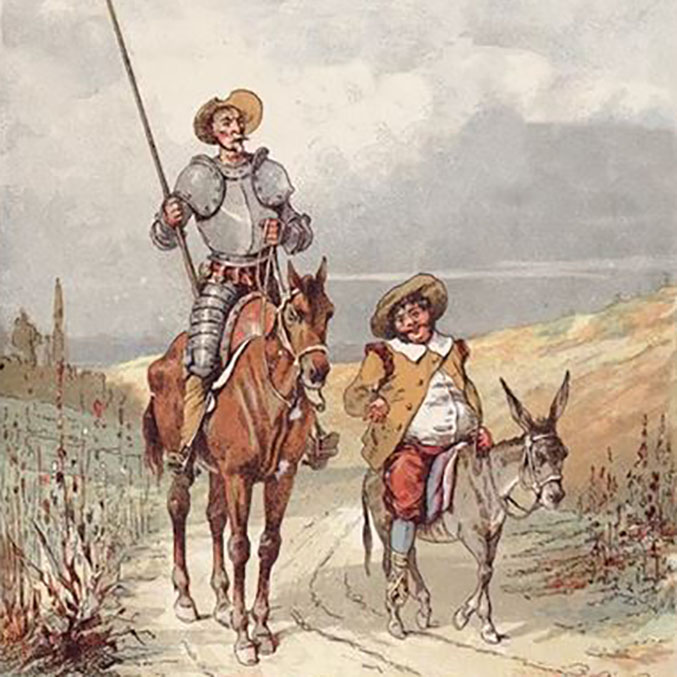
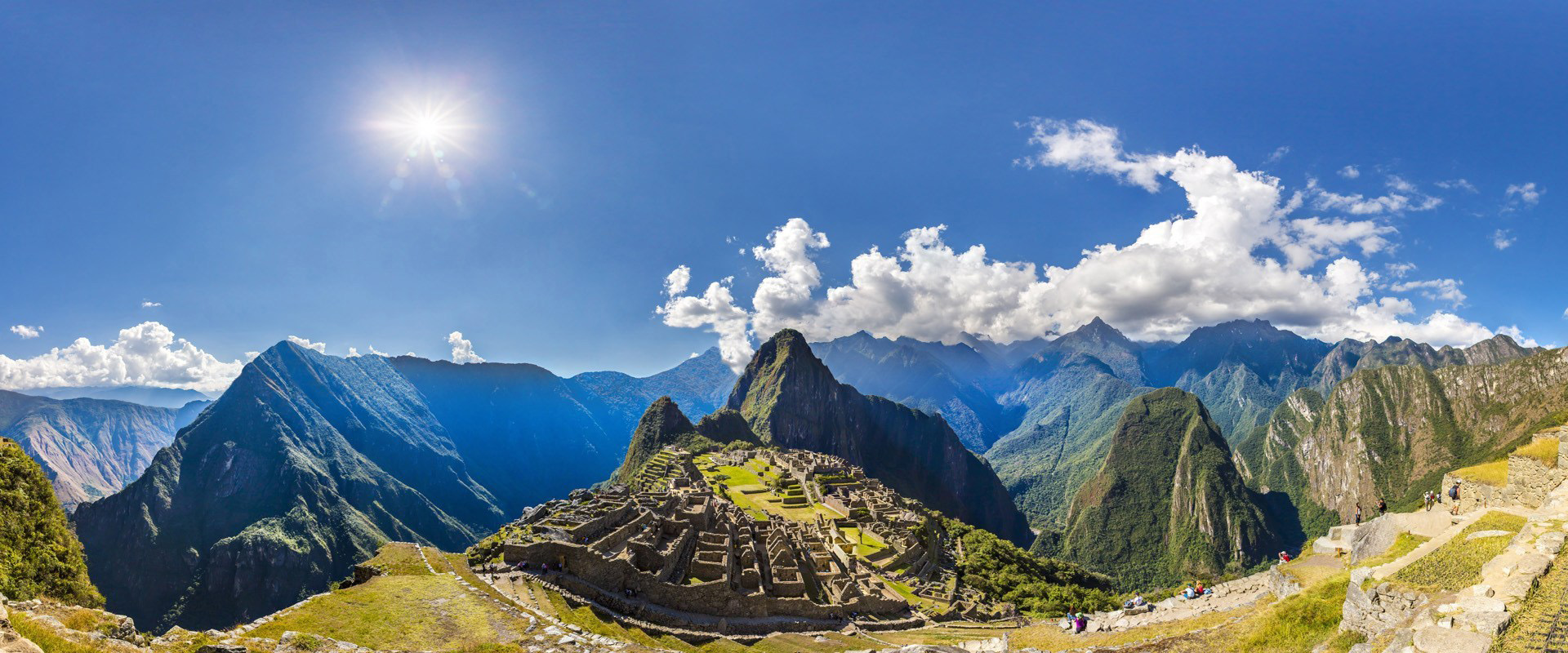
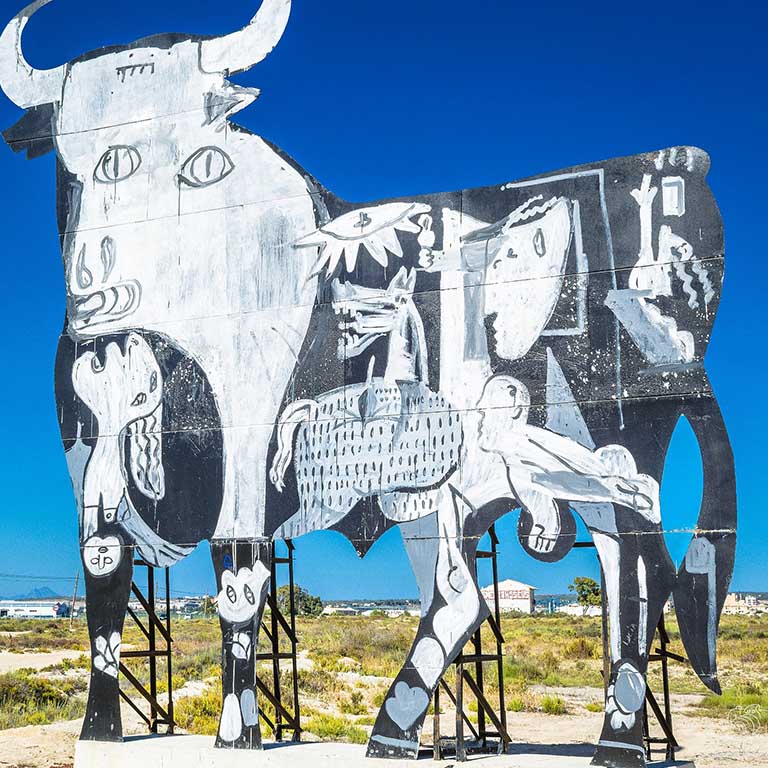
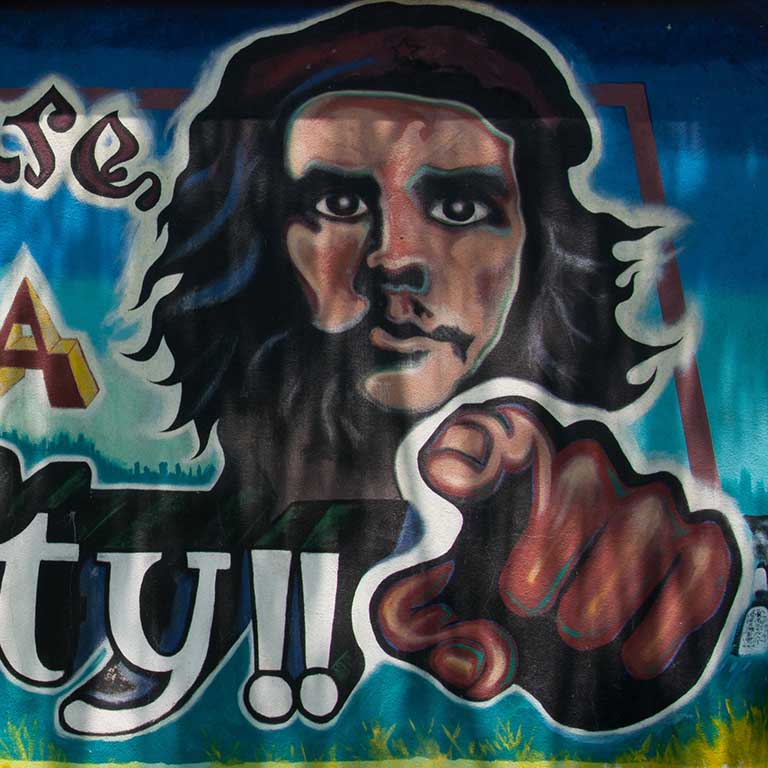

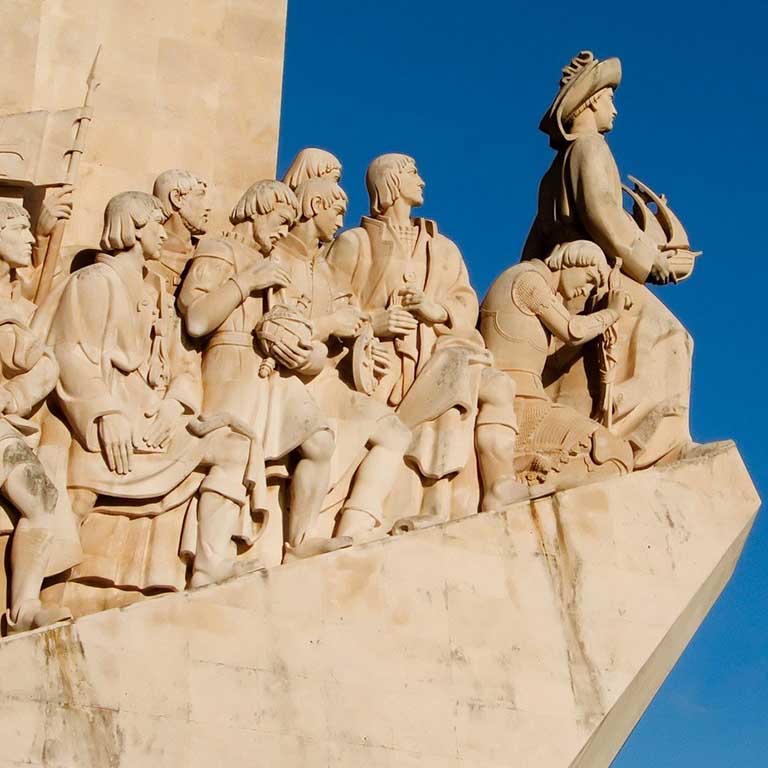
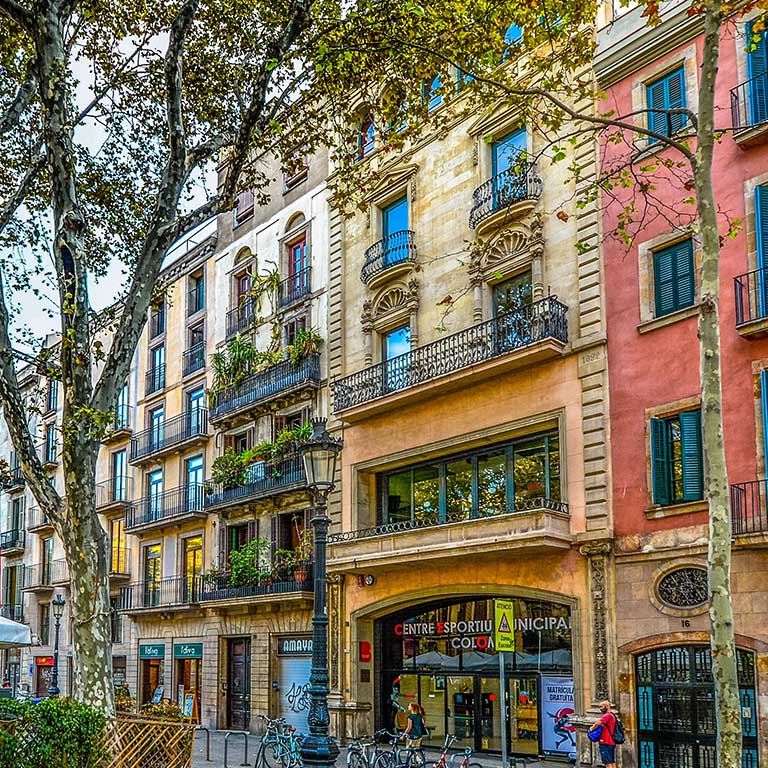
 The College of Arts
The College of Arts